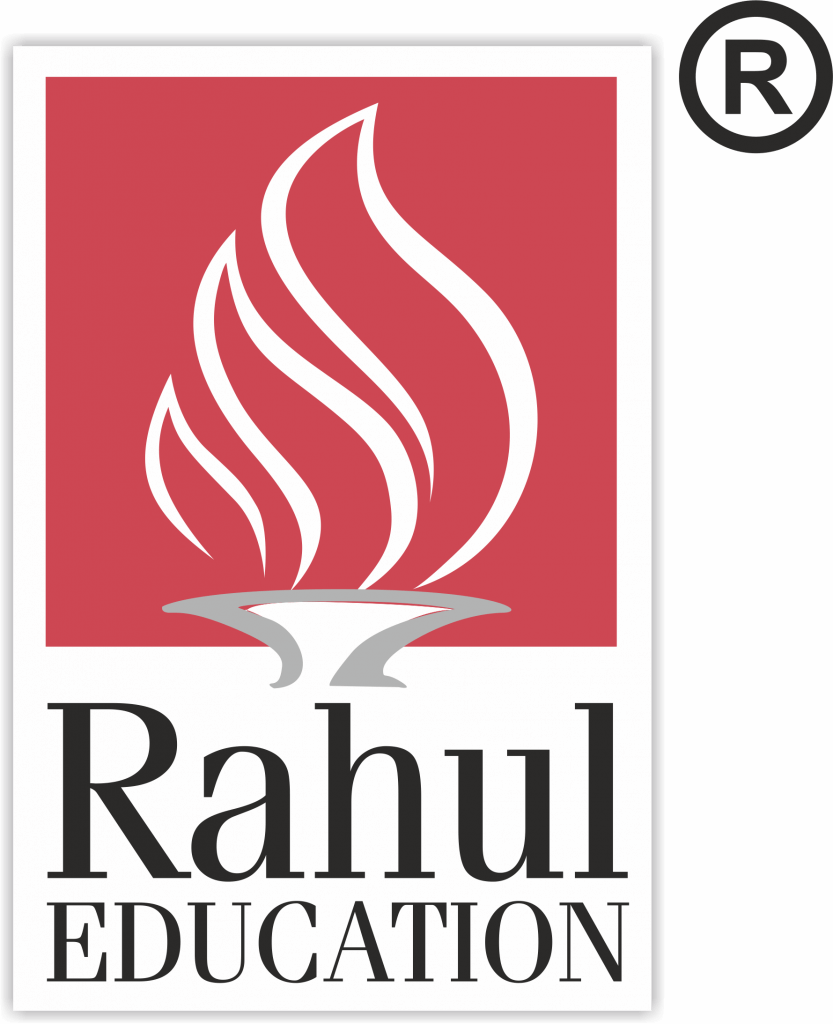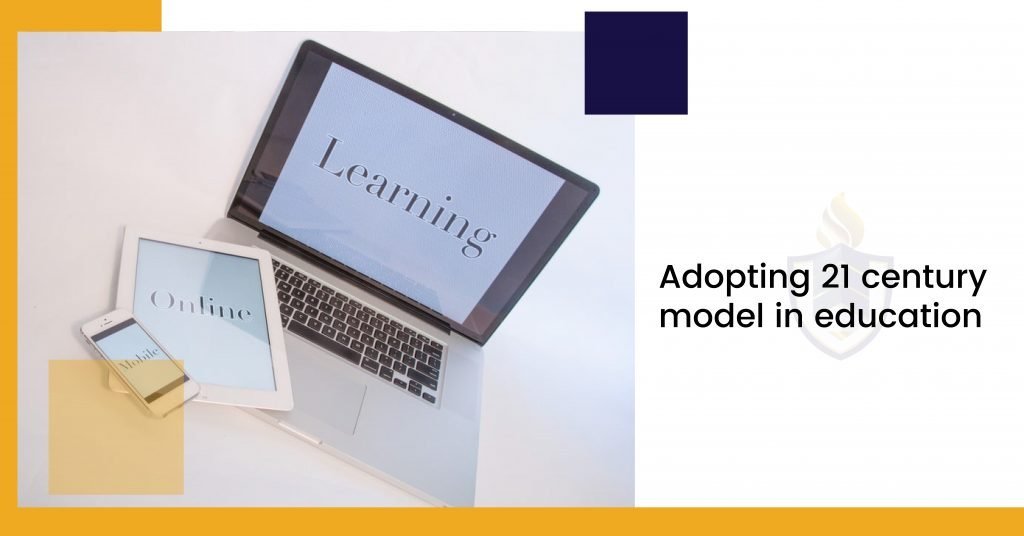Over the last five years the focus on 21st century skills has shifted from the question of why we should be teaching the skills to how we can do so. Many schools or systems are adopting an agenda for teaching 21st century skills but encountering difficulties when it comes to identifying resources to do so. With different perspectives and little concrete evidence, educators are understandably uncertain about how to adopt a new learning and teaching paradigm. Unfortunately, we are in a ‘chicken and egg’ holding pattern. Schools may not be in a position to take a risk in adopting one approach over another without evidence of its effectiveness, and researchers cannot provide evidence of effective approaches until schools opt in to trials. Many teachers recognise the value of teaching 21st century skills and are open and enthusiastic, but have found that they have not been adequately prepared to do so. Just as teachers are trained to teach subject content, they will also require training and support to teach skills.
What does it mean to be a successful learner or graduate in today’s world? While in years past, a solid acquisition of the “three Rs” (reading, writing, and arithmetic) and mastery in the core academic subjects may have been the measure of attainment, the world of the 21st century requires a radically different orientation. To participate effectively in the increasingly complex societies and globalized economy that characterize today’s world, students need to think critically, communicate effectively, collaborate with diverse peers, solve complex problems, adopt a global mindset, and engage with information and communications technologies, to name but just a few requirements. The new report from Brookings, “Education system alignment for 21st century skills: Focus on assessment,” illuminates this imperative in depth.
Recognizing that traditional education systems have generally not been preparing learners to face such challenges, the global education community has increasingly talked about and mobilized in favor of the changes required. This has resulted in a suite of initiatives and research around the broad area of “21st century skills,” which culminated most notably with the adoption of Sustainable Development Goal 4 and the Education 2030 agenda, including Target 4.7, which commits countries to ensure that learners acquire knowledge and skills in areas such as sustainable development, human rights, gender equality, global citizenship, and others.
The skills needed for the 21st century are complex, cross-disciplinary, important for many different aspects in school and life, and are much more demanding to teach and learn than rote memorization-based skills.
Human nature shows us that we are intuitively curious and social. People want to understand how and why things happen, and want to engage in fulfilling relationships. There is therefore nothing unnatural about our valuing of social and cognitive skills. For students, this education shift allows them to follow their natural curiosity and their engagement with others. The skills shift in education now provides students with the opportunity to develop cognitively and socially within the formal learning environment, and within the curricular studies that each country believes are important for their citizens’ futures. In the classroom, students can be scaffolded into what is expected of them and explicitly taught behaviours that demonstrate varying levels of proficiency in the skills. In particular, having students engage in meta-cognitive behaviours, in reflection about their learning, empowers them in the education process. It can enable them to monitor their own progress. However, students do need to have a clear understanding of what is expected of them and what the long term goal is. This requires a clear departure from a model in which students enter a year of study centred only on subject-based curriculum, embodied in textbooks, to work through. They need to understand the vision of this 21st century education s The nature of the skills has consequences for each part of the education delivery system – for curriculum, for pedagogy, and for assessment. Above and beyond these however, it has consequences for education delivery structure. 21st century learning activities are often open-ended. The dynamic character of such activities may make it difficult to provide clear explanations for how to undertake tasks, or how long they may take to complete. This makes classroom planning and management difficult. The classroom itself is situated in a traditional structure and organisation. This means that systems of education need to consider how to establish structures that are amenable to more active and dynamic teaching and learning and assessment paradigm shift and see its empirical consequences in their education experience.
In this landscape, Global Partnership for Education (GPE) has a core mandate of improving equity and learning by strengthening education systems. GPE supports developing countries, many of which are affected by fragility and conflict, to develop and implement robust education sector plans. Depending on the country, GPE implementation grants support a broad range of activities including teacher training, textbook provision, interventions to promote girls’ education, incentives for marginalized groups, the strengthening of data and this work is buttressed by thematic work at the global level, including in the area of learning assessment. The strengthening of learning assessment systems is a strategic priority for GPE because of its relevance to both improving learning outcomes and ensuring effective and efficient education systems, which are two of the three key goals of the GPE strategic plan for the 2016-2020 period. The work on learning assessment includes the Assessment for Learning (A4L) initiative, which aims to strengthen learning assessment systems and to promote a holistic measurement of learning. Learning assessment systems, early childhood education, and many other areas.
Focus on the teacher and teaching practices is secondary to decisions by the education systems, which identify how they intend to implement a skills education agenda through the curriculum. Therefore, a first decision to be made by the system concerns how skills teaching are to take place. Will it be seen as a stand-alone subject? Will it be integrated across all subjects? Will there be a trans-disciplinary subject that can act as a teaching medium for the skills? Will the skills be attended to through extra-curricular activities? The decision about this implementation structure determines the curricular approach, the pedagogical approach, and the assessment approach. If a system decides, for example, to integrate the skills throughout all subject areas, then it must ensure that this integration occurs in a reasonably similar way in all subject areas if the goals of skills development are to be fulfilled. The primary goal of developing skills is to ensure that individuals can draw upon these in very different situations, or in environments that might previously have been unfamiliar. In order to facilitate this development, the school experience needs to provide an authentic environment in which transfer of skills can be employed by students.
21st century skills are tools that can be universally applied to enhance ways of thinking, learning, working and living in the world. The skills include critical thinking/reasoning, creativity/creative thinking, problem solving, metacognition, collaboration, communication and global citizenship. 21st century skills also include literacies such as reading literacy, writing literacy, numeracy, information literacy, ICT [information and communications technologies] digital literacy, communication and can be described broadly as learning domains.”

Dr. Mamta Singh
B.A | B.Ed | M.A | Persuing M.Ed
School Principal at Rahul Education, Queen Mary’s High School
FAQS
A 21st century education is one that responds to the economical, technological, and societal shifts that are happening at an ever-increasing pace. It’s an education that sets children up to succeed in a world where more than half of the jobs they’ll have over their careers don’t even exist yet.
- Communication Creativity Critical Thinking Collaboration
- Let Your Students Lead The Learning.
- Learning takes place best in environments where students feel empowered to learn.
- Create an Inquiry-Based Classroom Environment.
- Develop Critical Thinking Skills.
- Encourage Creativity.
Set up personal learning plans that empower teachers to seek out upskilling opportunities and set concrete learning goals. Organize peer teaching activities, where teachers can chat with and observe their colleagues to see how each teacher incorporates 21st century skills into their classroom.
“21st century skills are tools that can be universally applied to enhance ways of thinking, learning, working and living in the world. The skills include critical thinking/reasoning, creativity/creative thinking, problem solving, metacognition, collaboration, communication and global citizenship.
If we want to prepare our children for success in school, work and life, opportunities to learn 21st-century skills are essential. They not only provide a framework for successful learning in the classroom, but ensure students can thrive in a world where change is constant and learning never stops.
In this century, education becomes more important to ensure students to get a skill, innovation ability, creativity, teamwork, and learn how to use life skill in their life. Problems arise from the variety of importance and excellence skills for their future.
An effective 21st-century educator must be able to collaborate and work well within a team. Over the past decade, this important skill has grown quite rapidly in schools. Learning is deemed to be more effective when you can share your ideas and knowledge with others.
“21st century skills are tools that can be universally applied to enhance ways of thinking, learning, working and living in the world. The skills include critical thinking/reasoning, creativity/creative thinking, problem solving, metacognition, collaboration, communication and global citizenship
21st-century skills that promote innovation: Creativity, critical thinking, collaboration, intelligent risk-taking, lifelong learning, curiosity and inquiry, problem-solving, and more.


